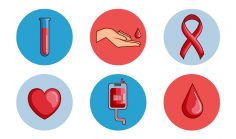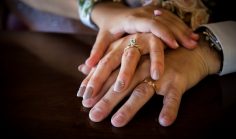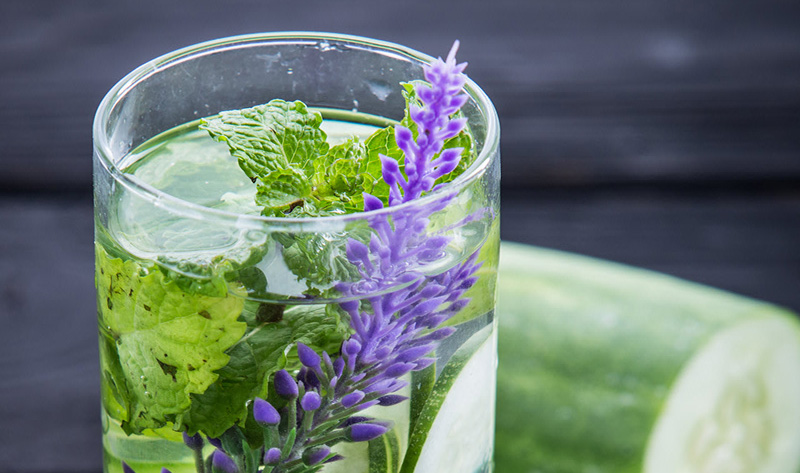Currently, the only treatment for celiac disease is lifelong adherence to a strict gluten-free diet. People living gluten-free must avoid foods with wheat, rye and barley, such as bread and beer. Ingesting small amounts of gluten, as minute as crumbs from a cutting board or toaster, can trigger small intestine damage.
If you have celiac disease, you can’t eat any foods that contain gluten (including wheat, rye, barley, and oats). The good news? Dropping gluten from your diet usually improves the condition within a few days and eventually ends the symptoms of the disease. In most cases, the villi are healed within six months, and the small intestine typically returns to normal function—meaning it absorbs nutrients properly—within two years for adults and several months for children and young adults. Your gastroenterologist may want to take a biopsy of your intestinal tissue six months after diagnosis to confirm that your gluten-free diet is helping heal the lining of your small intestine.
You’ll have to remain on this diet for the rest of your life; eating any gluten at all can damage the intestine and restart the problem.
Some people with celiac disease have so much damage to their intestines that a gluten-free diet will not help them. These rare patients may have to receive nutritional supplements through an IV.
A gluten-free diet will be a big change in your life. You have to rethink your eating habits, including what you buy for lunch, what you eat at parties, or what you snack on. Following a gluten-free diet means you cannot eat many dietary “staples,” including pasta, cereals, and many processed foods that contain grains. You will need to be careful when eating packaged foods, as they may contain gluten. Always read the ingredients of packaged foods and when eating in restaurants, ask about the ingredients of a dish before ordering. But, just because you have celiac disease, it doesn’t mean you can’t enjoy a well-balanced diet. For instance, bread and pasta made from other types of flour (potato, rice, corn, or soy) are available. Food companies and some grocery stores also carry gluten-free bread and products. You can also eat fresh foods that have not been artificially processed, such as fruits, vegetables, meats and fish, since these do not contain gluten.
A dietitian, a health care professional who specializes in food and nutrition, can help you with the gluten-free diet, There are also support groups that can help people with celiac disease make the adjustment.













